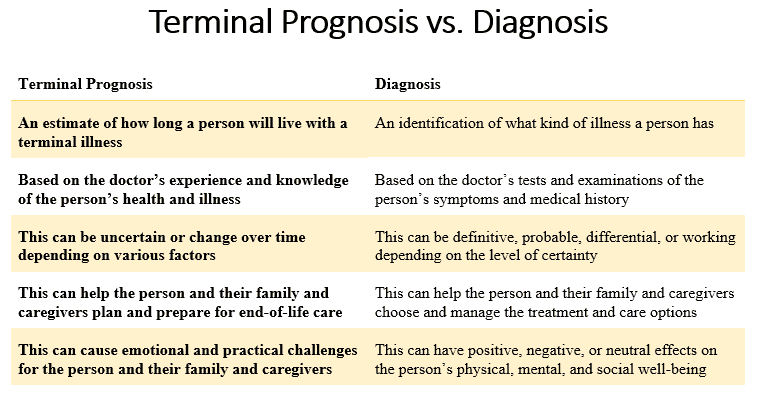
Terminal Prognosis vs. Diagnosis: What Families and Caregivers Need to Know
Learn the difference between a terminal prognosis and a diagnosis, and get practical tips and resources to help you and your loved one navigate this challenging time.

Understanding Bowel Movements in Terminally Ill Patients
Understanding bowel movements in terminally ill patients is crucial for their comfort and dignity. This guide offers practical tips for caregivers and hospice nurses to manage constipation, diarrhea, and other bowel issues, ensuring patients’ better quality of life.

Empowering Caregivers: Effective Communication with Healthcare Providers
Discover how to use the CUS tool and Caring Feedback Model to advocate for your loved one’s health. This guide empowers caregivers to communicate effectively with healthcare providers, ensuring their concerns are heard and addressed.

Comprehensive Approaches to Managing Hallucinations in Dementia Patients
Explore comprehensive approaches to managing hallucinations in loved ones with dementia. This article covers pharmacological methods, focusing on Seroquel and non-drug strategies such as Naomi Feil’s validation therapy. Learn how to validate feelings, de-escalate fear, and improve the quality of life for those experiencing cognitive impairment.
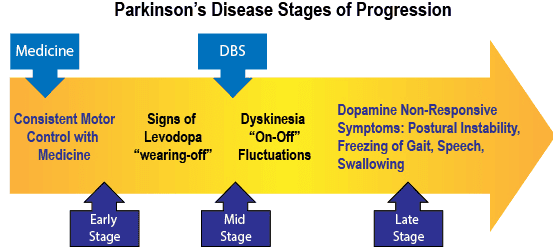
How to Identify End-Stage Parkinson’s for Hospice Admission
Identifying end-stage Parkinson’s for hospice admission can be challenging. This article explores key criteria, including decline in function, weight loss, swallowing difficulties, and mobility issues. Learn how hospice professionals assess patients and utilize guidelines to ensure appropriate and timely hospice care for those with advanced Parkinson’s disease.
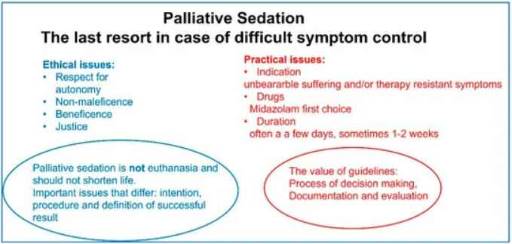
Understanding Palliative Sedation: A Comprehensive Guide for Hospice Care
This guide covers the essentials of palliative sedation for hospice patients, including ethical dilemmas, timing, recommended medications, and monitoring effectiveness, ensuring comfort during the end-of-life journey.

Understanding Interstate Hospice Transfers: A Comprehensive Guide
Navigating interstate hospice transfers can be complex. This guide explores the process, challenges, and considerations for patients and families. Learn about Medicare regulations, coordination between hospice agencies, and how to ensure continuity of care when moving across state lines during end-of-life care.

How to Communicate Effectively with Healthcare Professionals as a Family Member of a Patient with a Terminal Illness
Learn how to communicate effectively with healthcare professionals when caring for a loved one with a terminal illness. Improve communication, advocacy, and coping skills to ensure your loved one receives the best care possible.

Bowel Management for the Terminally Ill: A Guide for Caregivers and Hospice Nurses
Managing bowel problems in terminally ill patients is crucial for their comfort and dignity. This guide offers practical tips for caregivers and hospice nurses to address constipation, diarrhea, bowel obstruction, and ascites, ensuring patients’ better quality of life.

A Comprehensive Guide to Diagnosing Dementia and Providing Compassionate Care
Dementia is a complex condition affecting millions worldwide. Diagnosing dementia requires the expertise of medical professionals specializing in cognitive disorders. By guiding families and caregivers through the diagnostic process, you can empower them. In this article, we’ll explore the steps to find the right specialist for a dementia diagnosis and how families can prepare for the crucial doctor visit.
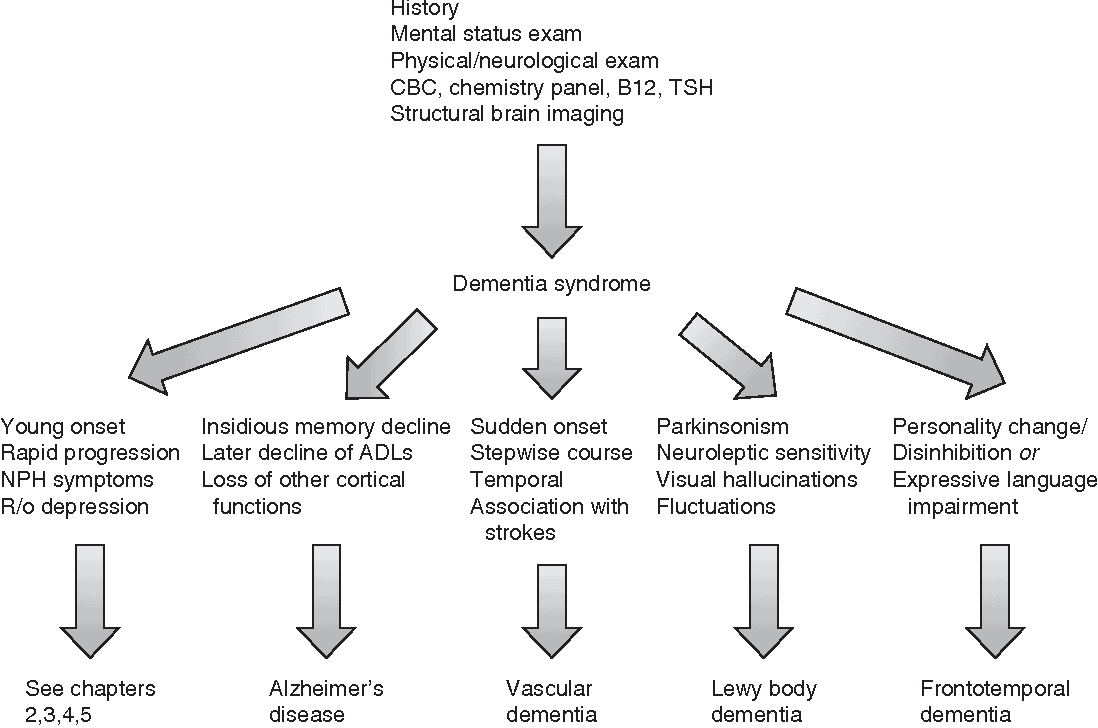
The Importance of a Formal Diagnosis for Dementia: A Comprehensive Guide
Getting a formal diagnosis of dementia is essential for understanding the condition, accessing appropriate treatments and support services, and ensuring the best possible care. This comprehensive guide explores the importance of a specific diagnosis in predicting patient needs for comfort and quality of life, as different types of dementia require distinct care approaches. Avoid the risks of a generic diagnosis and empower yourself with knowledge.
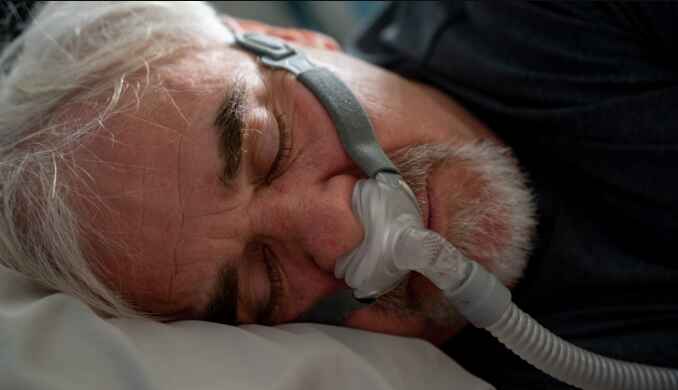
Strategies to Help Dementia Patients Use CPAP Overnight: A Caregiver’s Guide
Caregivers can find it challenging to ensure dementia patients wear their CPAPs overnight. This article offers practical tips and strategies to help caregivers ensure comfortable and uninterrupted CPAP use for their loved ones.
